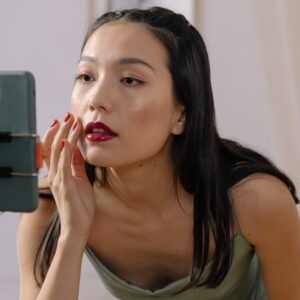 View Winners →
View Winners → 
Electricians are an integral part of infrastructure today. The role is critical to new construction projects as well as ongoing maintenance of existing institutions. Responsibilities vary widely and generally entail working indoors as wiremen or outdoors as linemen. With the ongoing housing crisis, residential contractors need more electricians than ever to close the market gap due to an electrician shortage.
Electricians Today
The electrician industry is concentrated primarily in California, Texas, and New York. Electricians make a median salary of $45K annually, with 88% working full-time in the field. Electrical contracting firms comprise over two-thirds of the electricians in the United States. These establishments supply building contractors with electrical services for large-scale housing projects.
The ideal electrician should be both logical and innovative. This individual should have the dedication to accomplish the task at hand, while also being prepared to problem solve. The role requires extreme attention to detail and an in-depth understanding of the large scale project in the making.
Are Electricians In Demand?
In 2016, 70% of electricians agreed that the industry was approaching a shortage. Five years later, these predictions are a reality for U.S. residential contracting. This disparity began in 2008, due to the Great Recession. This period left millions unemployed, with many electricians not returning to the trade despite jobs returning.
Additionally, 2020 saw more Baby Boomers retire than any other year. These disparities would be considered a normal part of the job cycle if there were younger electricians preparing to replace these roles. However, studies reveal that Millennials and Gen Z are more likely to attend college than other generations. Because of this, many young professionals are seeking roles in correlation with their university certifications.
With the current housing market being in favor of residential contractors, the U.S. Bureau of Labor Statistics predicts electrician jobs to grow by 8.4% over the next decade. The opportunity in the market is expansive for those looking to tap into the field. It is estimated that the U.S. will need 67,000 electricians to fill roles over the next 10 years. Of course this quantity of electricians is not guaranteed, and the field opportunities are expected to grow in the near future.
If you are looking to expand your repertoire as a residential contractor, now is the time to become an electrician. 67% percent of electricians hold a certification or associate’s degree in from a trade school or vocational college. These training programs generally take between nine months and two years to complete. With this education, you will be able to work as a residential, industrial, or commercial electrician, immensely expanding your clientele and skillset.
Resources:











































































































